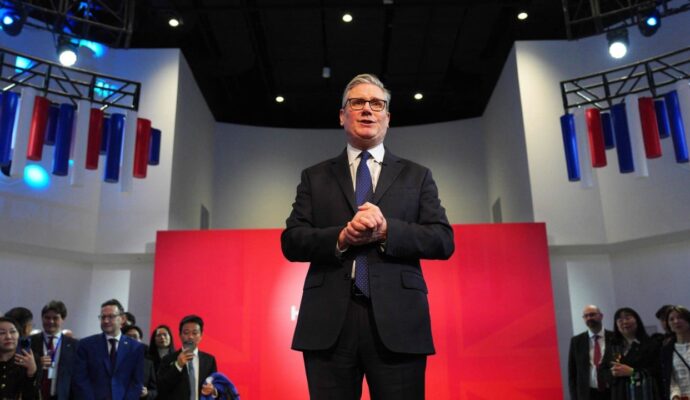
The State Department let Congress know on Wednesday of the US$80 million deal as is customary, Associated Press reported. The structure of the sale, using a provision known as Foreign Military Financing (FMF), was expected to anger China, which considers the self-governed island part of its territory.
Previous military sales to Taiwan have been approved under other mechanisms that do not necessarily imply statehood. US officials contend the funding provision does not represent a change in policy.
FMF is “a source of financing and may be provided to a partner nation on either a grant (non-repayable) or direct-loan basis”, according to the Defence Security Cooperation Agency website.
The Chinese embassy in Washington did not immediately respond to a request for comment.
But language in the FMF provision also covered aid to “international organisations” and friendly foreign governments, said Sean King, senior vice-president at Park Strategies, a consultancy.
Advertisement
China in July accused Washington of turning Taiwan into a “powder keg and ammunition depot” after the White House announced the US$345 million military aid package for Taipei.
UK lawmakers refer to Taiwan as ‘an independent country’ in report
UK lawmakers refer to Taiwan as ‘an independent country’ in report
The only other time Washington has reportedly provided a non-nation-state with military aid under this form of funding was to the African Union, an organisation of sovereign states based in Ethiopia.
Advertisement
The State Department did not specify which military equipment or systems would be paid for under the programme, according to AP, based on a copy of the notification.
Taiwan boosts defence budget to record US$19 billion amid PLA sabre-rattling
Taiwan boosts defence budget to record US$19 billion amid PLA sabre-rattling
Other equipment and services that might possibly be involved, it said, included protective gear, some small, medium and heavy weapons systems, ammunition, armoured and infantry fighting vehicles and training for Taiwanese military forces.
Advertisement
House Foreign Affairs Committee chairman Michael McCaul, a Texas Republican, said after Wednesday’s announcement that he was “glad the administration is further implementing our bipartisan Taiwan Enhanced Resilience Act by finally providing FMF to Taiwan”.
Advertisement
“These weapons will not only help Taiwan and protect other democracies in the region, but also strengthen the US deterrence posture and ensure our national security from an increasingly aggressive CCP.”
Additional reporting by Associated Press
Advertisement

